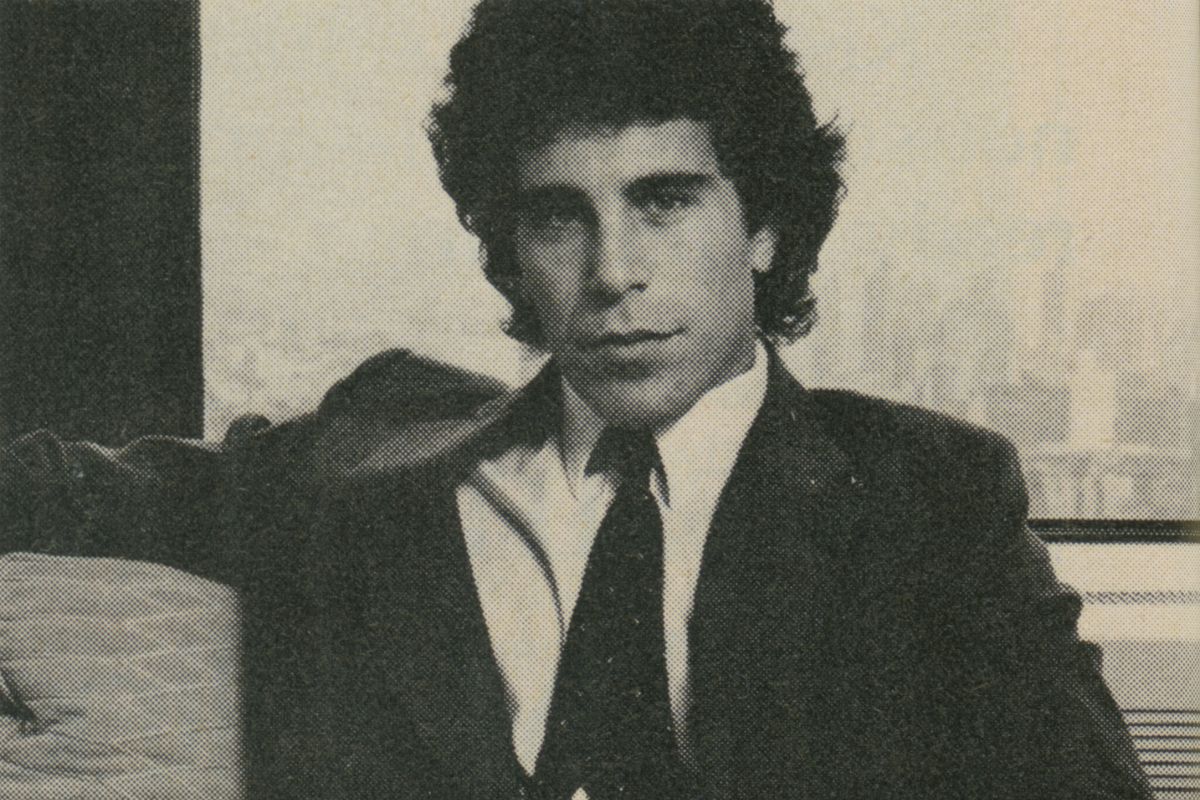On Thursday 17th May the new documentary film by John Pilger, "War on Democracy", had its premiere at Portcullis House in Westminster. To an audience of 75-100 Pilger introduced the film with a brief talk on his two years spent in Latin America. It was a heartfelt description of his time spent with the ordinary men and women of Venezuela, Bolivia and Chile, of whom he said that they had no formal qualifications, or education, but displayed a better understanding of politics than most educated Brits.
The film itself was a catalogue of the crimes committed against the working class peoples of Latin America by Imperialism. It was shocking, awe inspiring, and would have left any viewer with a clear understanding of the nature of US foreign policy and the malevolence of the US Empire. Pilger left no stone unturned in producing detailed evidence of crimes that have effected millions, and yet remain absent from our history books and contemporary news.
The film began with a selection of US presidential speech's that would have bordered on the comical had the subject matter not been so disturbing. From Nixon, Reagan, Clinton and of course ‘ole buffalo George Bush. Their cynical statements about spreading democracy and freedom were greeted by sniggering by the audience, quickly broken by flashes of onscreen barbarity representing the true effects of their policies.
The first 3rd of the film was focused on Venezuela and the progress of the Bolivarian movement. Powerful imagery of street demonstrations mixed with an interview with Chavez, followed by an insight into the class divisions, and the related political struggle. Pilger provides an insight into the history of the Bolivarian struggle, covering the 2002 coup d'etat conducted by the military and the clear, undeniable US support for that crime. The measure of progress under Chavez was quite breathtaking when shown in practice – from the programmes to abolish illiteracy, to the nationalization of utilities, investment in healthcare and the profound image of the self determination of the Venezuelan people through revolution.
The rest of the film covered other such US crimes in Latin America: the installing of the fascist dictator Pinochet in Chile, and indeed the meddling or direct overthrow of every government in practically every Latin American state at some point. Interviews with CIA operatives who had worked in Latin America would have confirmed the worst suspicions of many, but would have been of little surprise to any Marxist. Many of the crimes committed by Capitalism seemed revelatory to Pilger himself, as they would to many who see the film. The film itself was largely emotive in content but really captured the romance of the class struggle in Latin America, and this was probably its intention.
The film ended with a powerful monologue about the working class movement which has begun in Latin America, which Pilger describes as "growing all the time, even now, and is unstoppable."






